Hey Intuitives, You’re Not the Only Ones Who Hate Small Talk
So I’m a sensor. Not just any sensor, an extraverted sensor, or ESTP to be precise. I know, there aren’t many of us in the personality community (most of us think we’re ENTJs). I love to play sports, video games, and do anything else that challenges my reflexes. If you read most descriptions of my type you’ll come away thinking I’m a party animal who does nothing but get drunk, do parkour, and avoid thinking about the future as much as possible. In future posts I’ll do what I can to dismantle SOME of those stereotypes (not all…I mean, who doesn’t love parkour). But basically, as an extrovert and a sensor I’m portrayed in the type community as being extremely shallow and unable to hold down a deep conversation to save my life.
But what does being a sensor mean to me? Well, I’m VERY aware of my surroundings and the details that make them up. I notice everything around me in high definition. I like facts and concrete data. I like being engaged in real-world activity. Somehow or other, people in the personality community think this means that I get uber excited about small talk.

But contrary to popular belief, while I understand the place of small talk, I’m not particularly fond of it.
WAIT…What?! A sensor that just said he doesn’t like small talk?
I have the benefit of being the husband of Susan Storm, with whom I have been able to have lengthy conversations about personality type and preferences, specifically the differences between the two of us: ESTP and INFJ. One of the things that has definitely come up repeatedly in our relationship is our individual tolerance for deep, intellectual or philosophical conversations.
My wife loves to poke fun at the fact that when we are talking at night, particularly right before we are going to sleep, I will fall asleep in the middle of our conversation about the future of humanity and the radical steps we have to take to safeguard our children from the apocalypse. Now keep in mind, I care a lot about my children’s future. But at 10:30 at night, in bed, with the lights off, when we’ve finally gotten all 5 of our kids settled in their beds, I tend to be in a state of….well, near exhaustion. Now I know my wife is just as tired, (if not more tired) than I am. However, for her, in the dark, with no other distractions, her intuition comes alive with all the things that she doesn’t get to focus on during the day.
“Just a second, isn’t he contradicting himself? See, sensors just don’t understand personality type!”
Let me explain.
I really don’t like talking about the weather, who is doing what, what road construction we’ve driven through or what color somebody is going to paint their house. I understand for some people that it may take talking about some of those things before they can settle into a conversational rhythm about something better. However, after about five minutes of niceties I definitely want to talk about something more interesting or personal than those surface topics. However, I can only take in so many theories before I want to start putting them to the test. As an ESTP, I use a mental process called extraverted sensing, followed by introverted thinking. With introverted thinking being my primary judging function (how I make my decisions) I have a need to take in any information I have received and test it against the framework of my acquired knowledge. If, as I’m testing the information, I find any knowledge gaps, I try to go get them filled in by reading about the topic or running a series of tests on the information to give me a result that holds true in all situations. While this all may sound incredibly complex, it often happens without me even realizing it. But it does mean it takes me quite a bit of time to process a lot of theoretical information. This, in turn, means I have a lower tolerance for long philosophical conversations where the information isn’t easily tested and by its very nature is open ended and open for interpretation. My brain and body are longing for a way to ACT on the information and when I can’t, it makes it hard to stay tuned-in to the conversation because it would take me far too long to organize the concepts in a logical framework.
Meanwhile, my intuitive wife is coming alive with the cloud of information swirling around in no particular order in her brain. It’s all connected for her. The endless possibilities and existential nature of the conversation gets her more and more excited. Trying to find the meaning behind it all and unraveling the puzzle of people and this existence we call life is enough to make her forget about meals and sleep (two things I have done my best to never be without after 11 years in the military). The point is, these topics are literally revitalizing to her.
So now that we have an idea of the functional differences between ESTPs and INFJs let’s turn to the idea of small talk. First, let’s look at the definition of small talk. According to dictionary.com small talk is: polite conversation about unimportant or uncontroversial matters, especially as engaged in on social occasions. So by it’s very nature it is a surface conversation. While from the intuitive perspective, sensors seem much more driven by “unimportant or uncontroversial matters”, sensors would view conversations about things that cannot be proven and only exist by ideas or thoughts as tiring because there is nothing that can be done about them in the immediate future.
We enjoy philosophical conversations to a point, and we enjoy deep, meaningful conversations in big ways (some sensors more than others). I think that all people of all personality types long to be understood and to connect to other people in a way that is much deeper than conversation on a social level. What it is that makes that connection or helps them be understood might be different, but not any less important, for each type.
Well I’ve been sedentary for long enough now. I need to go bungee jumping or mountain biking now. I’ll see you all next time!
Oh, and if you want some more sensor-related articles, be sure to check out these:
4 Major Misconceptions About Sensors
10 Signs That You Might Be An Extraverted Sensor
10 Signs That You Might Be An Introverted Sensor
Daniel Storm is the husband of Psychology Junkie founder, Susan Storm. He loves playing sports, tinkering with technology, gaming, and enjoying life with his wife and five kids! He is an ESTP personality type and is on a quest to rid the world of negative sensor stereotypes!
Subscribe to Our Newsletter

Want to discover more about personality type? Get the inside scoop with Susan Storm on all things typological, along with special subscriber freebies, and discounts on new eBooks and courses! Join our newsletter today!




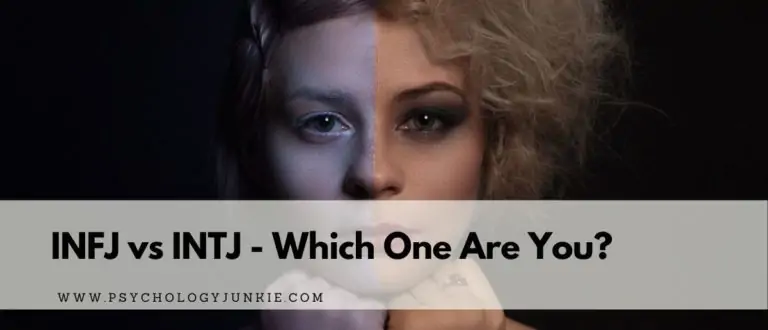
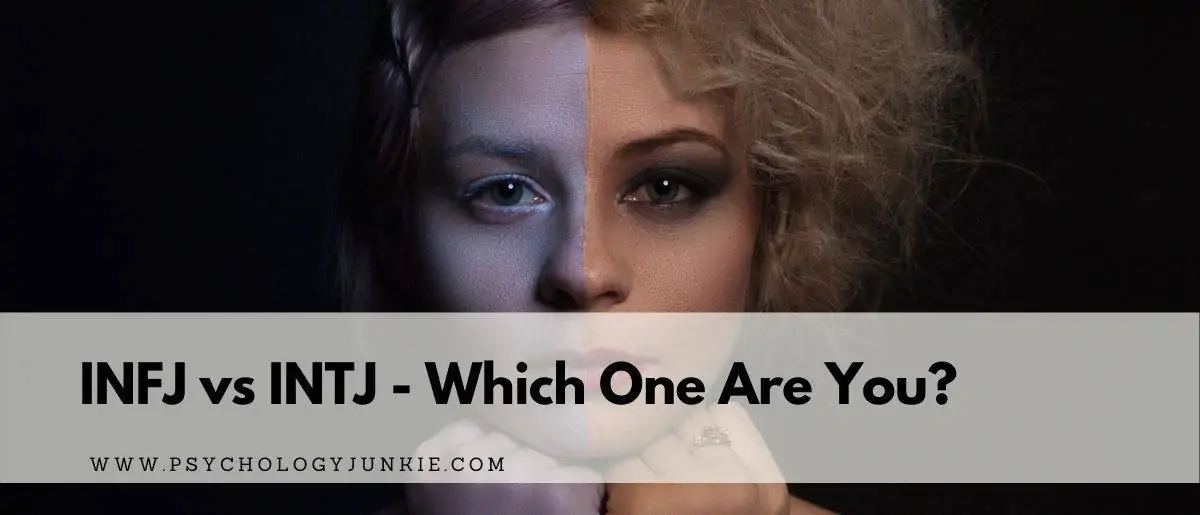
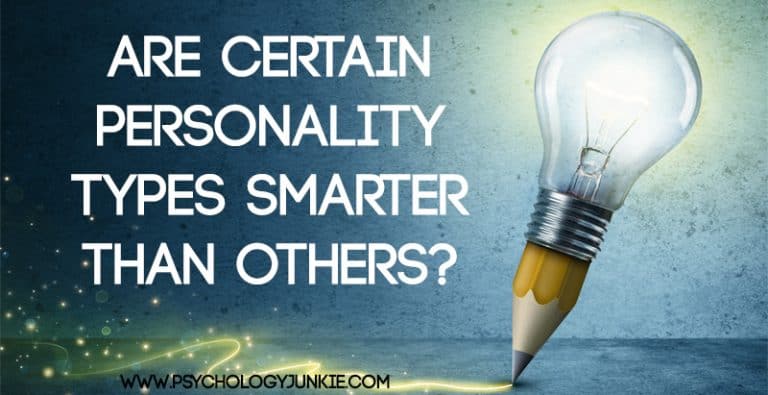
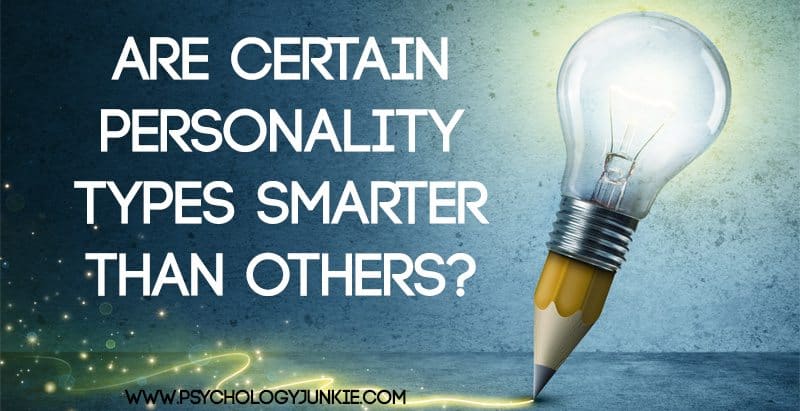
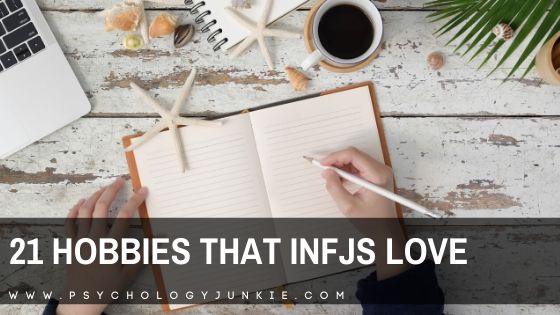
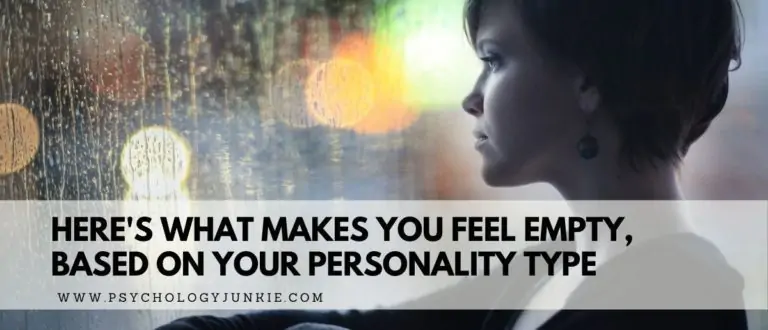
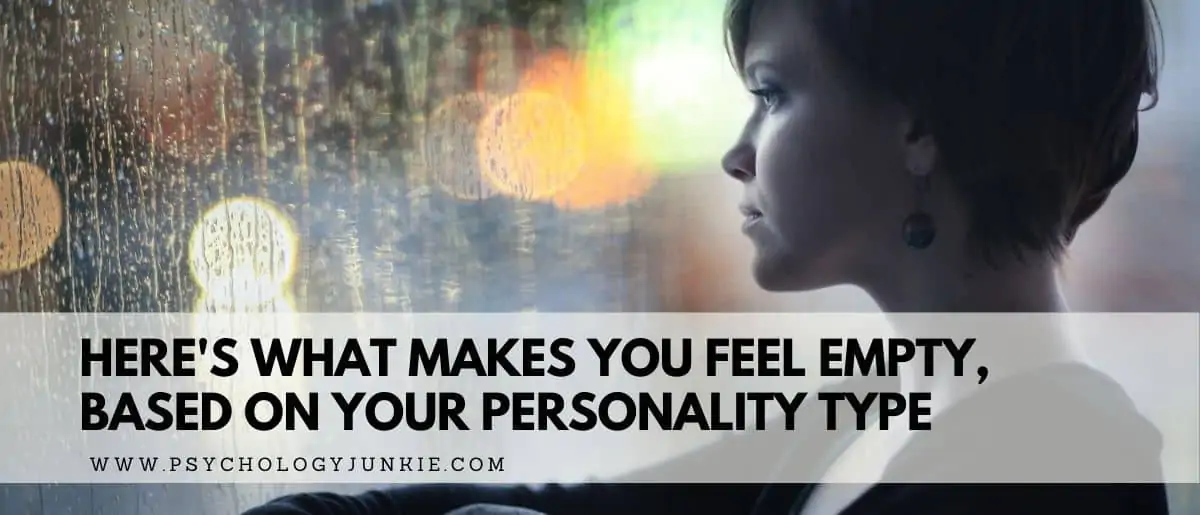
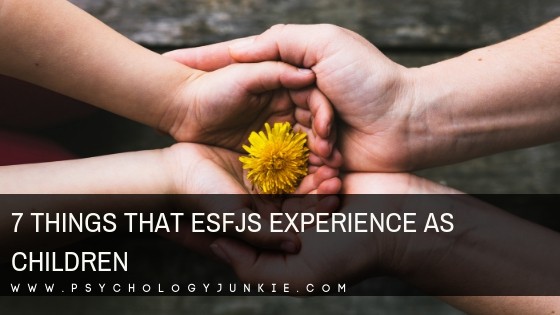


I’m an INFJ married to an ISTJ and this post is spot on. He enjoys deep conversations, even about philosophy, but he can only handle so much. He’s fallen asleep during my nightime philosophizing more than once!
Hey Elizabeth! I’m glad you could identify with this post. Being my first post on my wife’s well established blog I wan’t sure how well it would be received. And I’m also glad to know I’m not the only one who falls asleep in the middle of their wife talking! I’m hoping to post regularly so you can let your husband know there will be more articles coming from a sensor’s perspective!
I agree! ESFJs are often said to like small talk, and while I certainly don’t mind it as much as my INTJ sister, I’d rather be talking about something more important to me. (Your description of falling asleep during the apocalypse discussion is spot on with how I feel when she’s intuiting to me–I’m interested for a while, but I can only take but so much before losing interest.) ?
I am so glad you can relate! I was hoping we’d get some interaction with more sensors so THANK YOU for commenting!
In a conversation, the thing that tire me the most, is the expression of the feeling of others. Positive or negative. I think it comes from a weak but present receiver: Fe
In fact all the conversations exhaust me if there is no link neither with a intrigue, or with a plan for action. Stimulating. (istp)
My spirituality is utilitarian: meditation and destiny. So no big theological discussion with me.
I understand exactly where you’re coming from. I don’t think conversations are quite as exhausting for me as they sound for you though, but I would DEFINITELY rather be doing something. I hope you enjoy my other upcoming posts as well!
I am excited to see things from an ESTP’s perspective. None of the many blogs I have visited have been written by ESTPs so it’s so awesome to get your perspective. This article is very informative and now I understand my own ESTP sister better. Thanks for sharing, Daniel!
I’m glad this helped you understand your sister better! Hopefully the others I write will be just as helpful!
Hello Daniel, I have been reading this blog for a long time so when I started reading your article and learned at the beginning that it is written by an ESTP I thought how awsome would be if the author would be Susan’s significant other. 🙂 I think this initiation is really something the MBTI community needs. We are talking about iNtuitive types while we leave behind Sensor types with steretypes in our heads. It would bring a great improvement if many of us would learn that each type has its uniqe value, a great potential that can make the world and other’s life a better one in their own way. It would be great to learn from an integrated, trustful resource what iNtuitives can and shall learn from Sensor types. So thank you for this article and I am looking forward to reading your next one. 🙂
Thank you so much for your encouraging comment. My wife has been saying for quite a while that there needed to be a Sensors voice present in the MBTI community. I have definitely seen the Intuitive bias and it makes sense. If no Sensors are writing about this stuff then how are Intuitives supposed to know any different? Fortunately I have been blessed to be married to an incredibly understanding Intuitive who has helped me understand my own functions as well. I look forward to hearing your thoughts on my next post!
Thank you for your perspective, Danial.
I’m an INTJ. Ever since I learned about my “type” around 15 years ago from reading Carl Jung and David Kiersey I’ve had a resentment toward extorverts and extrovert sensors in particular.
I saw “those” folks as the people who always laughed at my introspection and thoughtfulness when I was growing up while they got the teacher’s star and later, the job promotions for their outgoingness and (often feigned) friendliness.
They are not, as you imply, all bad just as not all introverts are “good.”
Having said that I wish America were a bit more of an introverted society. Perhaps we might think a bit more deeply about America’s role in the world and be less inclined to accept an often very flawed status quo.
I retired last year and I’m moving to a more introverted, introspective country next month because, frankly, I’ve had enough.